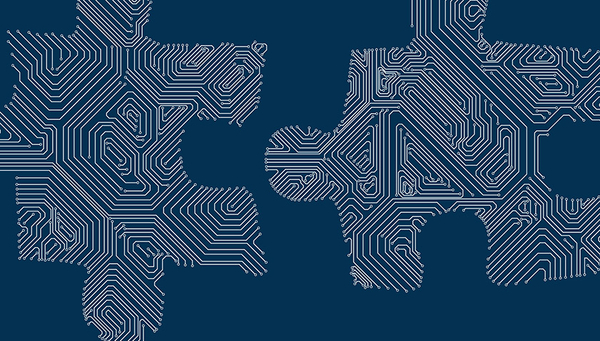News Detail
Joint initiatives of the ETH Domain
July 15, 2022 |
The joint initiatives focus on the strategic research priorities "Energy, Climate and Environmental Sustainability" and "Engagement and Dialogue with Society". In the strategic focus "Energy, Climate and Ecological Sustainability", six joint initiatives with a budget of around CHF 30 million will be co-financed by the ETH Board. These include initiatives to develop sustainable materials from food production waste or to promote the use of wood in the construction industry. Various other initiatives are aimed at solving the challenges posed by climate change for ecosystems, biodiversity, and energy security.
In the strategic focus "Engagement and Dialogue with Society", four initiatives are being supported by the ETH Board with a total of around CHF 7 million. These include a dialogue platform between science and society to promote mutual understanding and develop educational opportunities for researchers. Together with the Jurapark Aargau, a real-world laboratory is being created in which researchers will discuss sustainability problems in direct exchange with the 32 communities of the Jurapark and jointly develop measures and solutions on site. A national centre for the conservation of biodiversity is also planned, where scientific knowledge on this topic will be collected and shared with all interested parties.
Eawag involved in seven initiatives
Eawag is involved in seven of the ten funded projects. For example, the "Speed2Zero" initiative, which focuses on the development of instruments, action plans and technologies to enable a sustainable transformation to a greenhouse gas-free and biodiversity-friendly Switzerland. Eawag is also involved in the "Translational Centre for Biodiversity Conservation", which aims to provide stakeholders and researchers with the relevant information and knowledge they need to solve pressing environmental problems. Together with key Swiss actors, the centre identifies topics for knowledge exchange, conducts syntheses and translates, communicates and disseminates the findings.
Eawag is leading the project to establish a national dialogue platform. The aim is to involve stakeholders from science and society. Questions such as the spread of the Coronavirus or pesticides in groundwater show that the idea of "science provides data, politics decides" falls short - the problems are too complex. What is needed is an improved dialogue between science, society and politics. This requires platforms that are broadly based, and researchers need more knowledge and awareness of how this dialogue can be conducted constructively. The project aims to remedy both deficits. Further dialogue formats and exhibitions on important topics such as energy or the reduction of greenhouse gas emissions are also planned.
Photo: iStock, Guirong Hao

